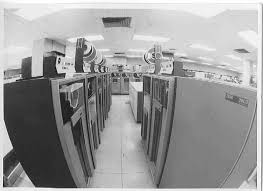Being in an online business or introducing your business to the online world may seem risky, most especially because not all make it in the industry or it may seem risky if you are simply a newbie in the online world. One of the scariest issues that business owners normally face when incorporating business online is the privacy issues.
However, it is rare this days to have a hacked system or site and make permanent damages to the company’s system or website, most especially because of the constant and consistent restrictive measures that server provider provide for their online clients. There’s always a solution to hacking problems. However, there are still present issues that online clients should face more than the security issues.
If there is one problematic issue business owners may have premium link building should be the least. A problem online business owners face today is moving from an original provider to the next. One particular example of problem is the migration of data. It is a crucial move for any business owner to move any online data to another provider. A thorough study before any final decision is vital and should not be taken lightly as these may jeopardize business operation including data loss and worse, sales loss. Considering these important tips might save your business from any losses.
If you have been with an online provider for 10 years or more and did a lot of customization, then you may want to think twice before saying a go to the next provider. You are not just making your business loose one leg, but one arm as well. If there is an argument between you and your first provider, seat down and settle things in a way that you will not end up the victim. Agree on a takeover terms in such a way that your company data will be smoothly handed over to the next provider with minor to no change.
Get the best IT adviser from your company or hire a specialist not a freelancer. An open conversation and a consistent up-to-date exchange of information should be a priority between the company’s IT personnel and the manager or the owner because this will enable the owner to understand the pros and cons, thus allowing him to make a final decision.
Test before you get. Precautionary measures is necessary prior going to the next level. Being able to test the other provider’s product and services will enable you to weigh if moving from one to the next is a wise decision.




